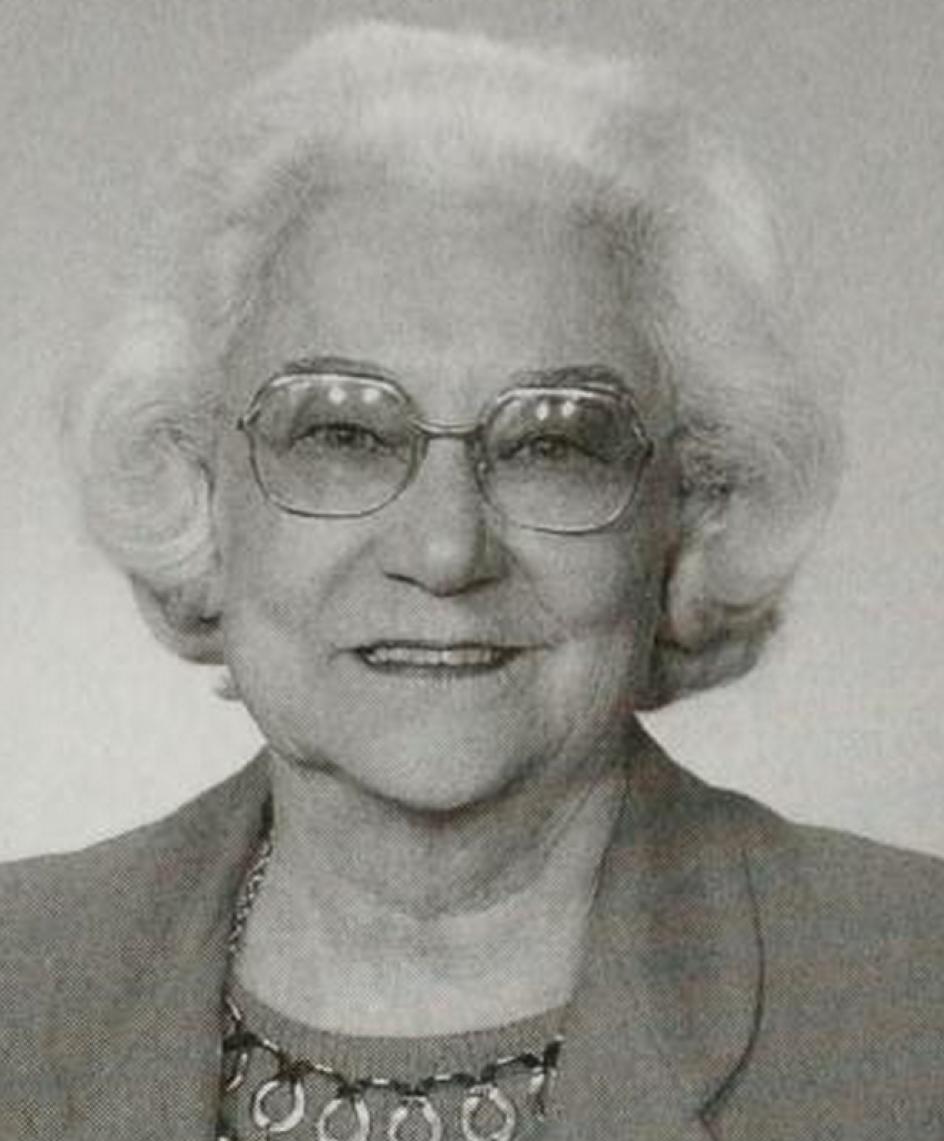December 7th, 2022
A Lifetime Working For Fairness: Limestone Receives Personal Archives Of Renowned Alumna Ruth Moss Easterling

Limestone University recently received a donation of the collected papers, photographs and other media of Ruth Moss Easterling, a 1932 Limestone University alumna and respected leader in the North Carolina General Assembly from 1977 to 2002.
She was born in Gaffney into a family of textile workers and grew up working in textile mills in the region. She finished her legislative career in 2002 as co-chair of the powerful House Appropriations Committee, the first woman to hold that post.
“Representative Easterling was well-known in North Carolina for her work passing laws and creating state budgets that improved the lives of everyday people, especially women and children,” said Stephanie Bass of Pittsboro NC, who donated the collection. “It is hoped that this collection will inform and inspire students and scholars in her home state of South Carolina, and that online access will make the materials available to everyone.”
Bass is a writer and was a staffer to former North Carolina Governor Jim Hunt during his four terms in office. Bass conducted extensive interviews with Rep. Easterling for a planned biography and received most of the items in the collection from Easterling’s family after she died in 2006.
The Ruth Moss Easterling Special Collection, as it is now known, was accessioned into the Limestone University Archives in November.
“The Ruth Moss Easterling Collection is a significant addition to the archives,” said Justin Davis, the University’s archivist. “Its acquisition is only possible because of the new, significantly larger archives storage and reading room in the Hines & Riggins Center. Easterling is a prominent Limestone alumna, an exemplar of the intelligent and ambitious student from Limestone’s history as a college for women. Her life and career certainly made her alma mater proud. We are honored to have been selected as the repository for her papers, spanning her long life and many achievements.”
To schedule a reading room appointment or for more information about the collection, email library@limestone.edu.
The library is making plans to host an exhibit on Easterling during the Spring 2023 semester, and selected materials will be made available on the library’s website.
Easterling’s route to the role of state policymaking went through the private sector, in Charlotte. After her marriage to Claude Easterling ended, she moved to Charlotte in 1947 to work as special assistant to I.D. Blumenthal, the owner of Radiator Specialty. She quickly became active in the Business and Professional Women (BPW) organization, which had been advocating for the Equal Rights Amendment since 1937. At that time, women had little or no control over their personal finances if they were married and there was no legal requirement for equal pay for equal work.
Easterling rose through the BPW ranks and she was elected North Carolina president in 1962.
It was then that she met with President John F. Kennedy at the White House – a photograph of that meeting is in the collection now housed at Limestone. She went on to work throughout her career with business and civic leaders, including several governors, to advance the causes of equal pay, fair treatment and equal rights. She was elected national BPW president in 1970 and was appointed by Charlotte Mayor John Belk to fill a vacancy on the Charlotte City Council in 1972. She was elected to the North Carolina General Assembly in 1976 for the term beginning in 1977.
Rep. Easterling was a prime mover in the establishment of North Carolina’s nationally emulated Smart Start program of early childhood education. In 1993, at age 82, during a legislative debate that ran into the wee hours of the morning, she stood and spoke for an hour and a half to successfully defend Smart Start against efforts to cut or eliminate it. For that tireless fight she was affectionally called “The Energizer Bunny.”
“Rep. Easterling was always thankful for the opportunities afforded by Limestone, because the education she got there enabled her to work in the wider world for the advancement of all people,” Bass said.
Limestone named a scholarship in Easterling’s honor in 2003 after she retired from the North Carolina Legislature.
